AGRI-TECH
Problem Statement
The unsustainable practices of our current agricultural system, coupled with climate change and population growth, will lead to a future in which nutritious high-quality food becomes increasingly scarce and inaccessible, especially for the most vulnerable populations.
According to the latest 2023 UN studies, the number of people facing hunger and food insecurity has risen since 2015, as the pandemic, climate change in conflict and growing inequality have exacerbated the situation. In 2015, 589 million people were hungry, and by 2021, that number had risen to 768 million. Projections indicate that by 2030, nearly 670 million people will still face hunger – 8% of the world’s population. That’s the same number as in 2015. To achieve this reduction, immediate and intensified efforts are needed to transform food systems, ensure food security, and invest in sustainable agricultural practices.
In 2021, the proportion of countries facing a rise in food prices reached 21.5%, a significant drop from a record high of 48% in 2020, when the easing of COVID-19-related restrictive measures increased demand. This reflects the continued price increases for foodstuffs, with rising production and transportation costs. In addition, The percentage of food lost globally after harvest on farm, transport, storage, wholesale, and processing levels, usually attributed to structural inadequacies in the countries, is estimated at 13.2% in 2021, unchanged from 2016 and far from the target of halving post-harvest food losses by 2030.
Hence, we conclude that the food sector suffers globally from major challenges, which will lead to serious consequences for health, economy, and social stability, including:
- Exacerbation of hunger
- Food insecurity
- High production costs
- High transportation costs
- Rise in food prices
- Low quality of products
- Prevalence of unfair business practices
- Soil Erosion Increased
- Input Costs
- Prevalence of limited technical constraints
- Food loss and waste
- Water Wastage
- Resource Depletion
- Labor Cost and Accessibility
- Degrading and Undervaluing Farmland
- Urbanization of Rural Areas
- Price Volatility
Agri-TechImportance
Agri-tech, or agricultural technology, is pivotal in addressing numerous challenges faced by the agriculture industry. Its importance extends across various aspects, contributing to increased efficiency, sustainability, and overall productivity, transforming traditional farming practices into more sustainable, data-driven, and technologically advanced systems. As the global population continues to grow, the significance of Agri-tech in meeting the increasing demand for food while minimizing environmental impact becomes even more crucial.
To reduce the challenges, immediate and intensified efforts from different parties Governments, innovators, industries, researchers, NGOs and others are needed:
- Transforming food systems
- Ensuring food security
- Investing in sustainable agricultural practices
These efforts include:
- Investing in agricultural infrastructure, including irrigation
- Investing in transport routes
- Investing in wholesale markets
- Support the development of smart farming technologies that can increase productivity and reduce resource use.
SEIYAJ TECH Role inAgri-Tech
Seiyaj Tech, as a collaborative force, seamlessly synergizes with Agri-Tech innovators in software and hardware solutions to localize and integrate top-notch innovations from around the world. We deliver cutting-edge solutions that address all challenges faced in the agriculture sector, offering the best systems, processes, and practices for food sustainability to governments. Our cooperative efforts include all stakeholders in the agriculture sector, such as farmers, food manufacturers, distributors, retailers, research institutions, NGOs, and governmental ministries. We utilize Blockchain, Artificial Intelligence, and Internet of Things (IoT) to revolutionize agritech and ensure a sustainable food future.
Other parties to unify efforts in implementing the top-notch innovative devices and software for agriculture sustainability, high-quality food accessibility, minimizing waste for a future of zero-hunger. In addition, SEIYAJ TECH revolutionizes the Agri-tech supply chain and enabling seamless communication and coordination among stakeholders by leveraging blockchain technology to promote transparency in the entire supply chain, instilling consumer trust and guaranteeing food safety and high quality.
Technology
Agricultural technology, commonly known as Agri-tech or Agtech, utilizes technology to enhance various aspects of agriculture and agribusiness. It integrates advancements in information technology, biotechnology, robotics, and other fields to boost the efficiency, sustainability, and productivity of agricultural practices. This integration highlights the digital (software) and physical devices (hardware) aspects of agricultural technology. The success of agri-tech applications often depends on the seamless integration of both software and hardware components, delivering effective solutions for farmers and the agriculture industry. This rapidly evolving field addresses challenges such as the need for increased food production, resource efficiency, and sustainability, transforming traditional farming practices into more efficient, data-driven systems.
Here are some key components and areas covered by Agri-tech:
Software & SaaS
– Crop Planning and Monitoring tools.
– Logistics Optimization solutions.
– Remote Sensing using satellites and drones.
– Smart Sprayer algorithms.
– Smart Sensors for data collection.
– Mobile Payment Systems.
– LED Lighting control systems.
Hardware
– Robotic systems for sorting, packing, and harvesting.
– Automated Irrigation Systems.
– Smart Sprayers.
– Smart Sensors for monitoring environmental conditions.
– LED Lighting fixtures.

JoinUs
Are you an Innovator? Or Does your Company provide a Digital Solution in Agri-Tech? Join Us, we are here to collaborate with you, to help you Localize your Digital Solution.
You can contact us by email at info@seiyaj.com and we’ll be happy to answer your questions or provide an assistance. We look forward to hearing from you!

